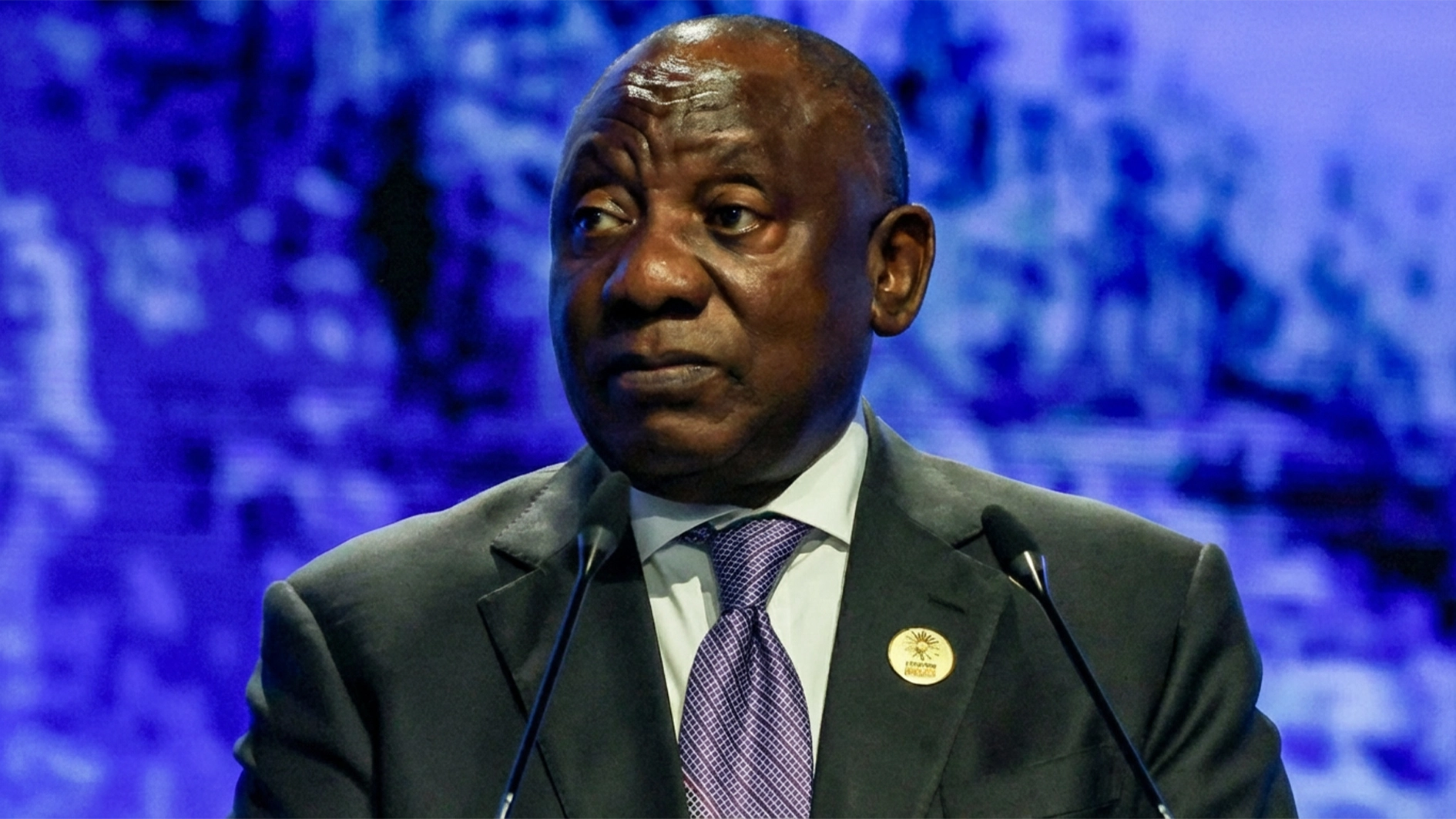At the United Nations General Assembly (UNGA), Brazil has for decades held the unusual distinction of being the first country to speak during the annual “general debate.”
The practice dates back to the 1950s, when delegates were reluctant to begin proceedings.
According to UN protocol officials, Brazil consistently volunteered to take the opening slot.
“In very early times, when no one wanted to speak first, Brazil always…offered to speak first. And so they have earned the right to speak first at the General Assembly,” former UN protocol chief Desmond Parker explained in a 2010 interview with NPR.
Since the 10th UNGA in 1955, Brazil has opened every debate. The United States, as host nation, follows immediately after.
The order of speakers for other member states is determined by a range of factors, including the level of representation, geographic balance, and stated preferences. Heads of state are given precedence over heads of government or foreign ministers. Countries represented by lower-ranking officials are placed further down the list.
While the UN suggests a 15-minute time limit for each address, leaders frequently exceed it. Some of the most notable speeches include Fidel Castro’s four-and-a-half-hour statement in 1960, Nikita Khrushchev’s two-hour speech that same year, and Muammar al-Gaddafi’s 96-minute appearance in 2009. More recently, U.S. presidents such as Barack Obama regularly spoke for 40 minutes or more.
The speeches are simultaneously translated into the UN’s six official languages: Arabic, Chinese, English, French, Russian, and Spanish.
Although called a “debate,” the session does not involve direct exchanges or votes. Leaders typically use their addresses to outline national priorities, highlight global challenges, and respond to international crises. UN themes sometimes shape discussions, but individual governments choose their focus.
The debate traditionally runs for a week. Alongside the formal speeches, the gathering allows for private bilateral meetings and side events, often seen as equally significant to the proceedings.
As one UN official noted, the general debate remains both a platform for policy statements and a stage for diplomacy. Brazil’s role in opening it each year is less about hierarchy and more about an enduring tradition of willingness to speak first.






